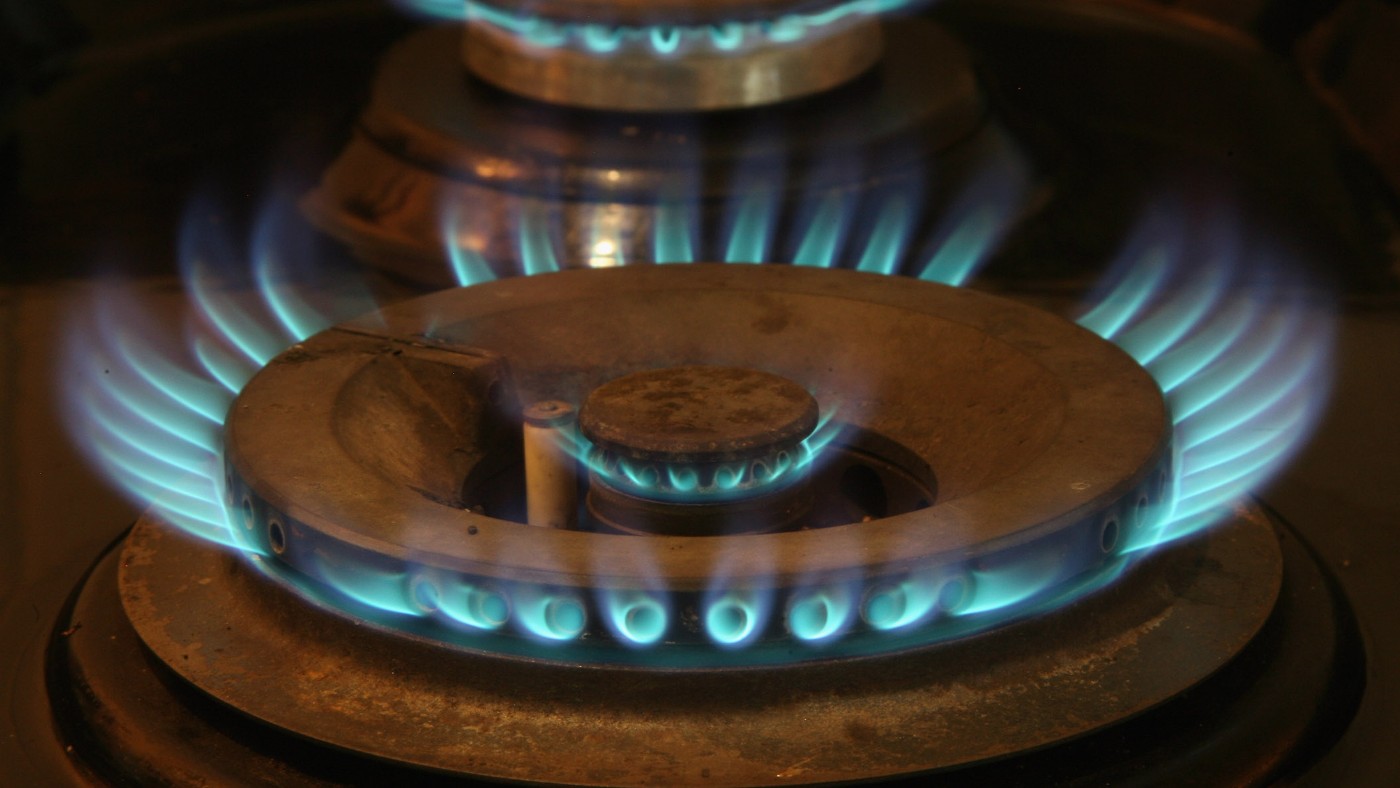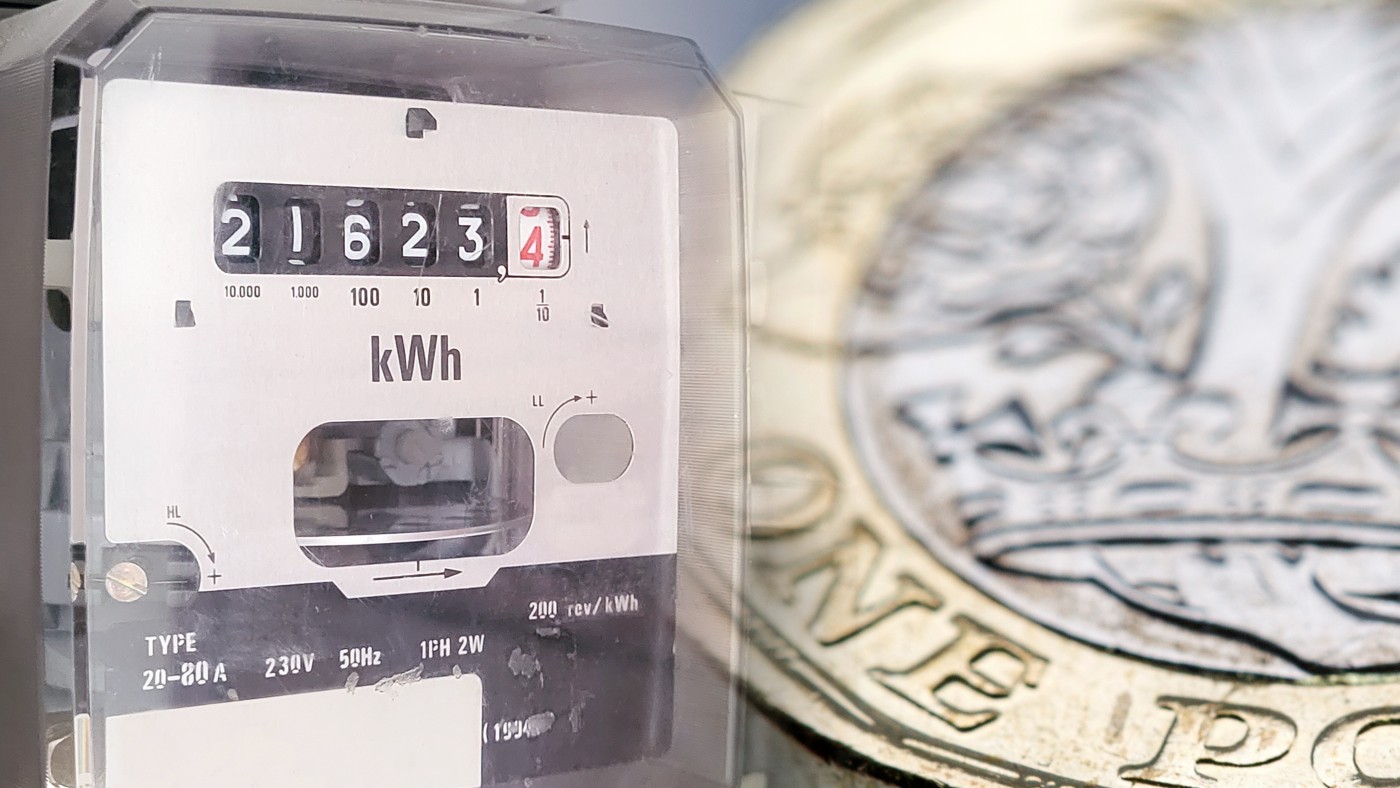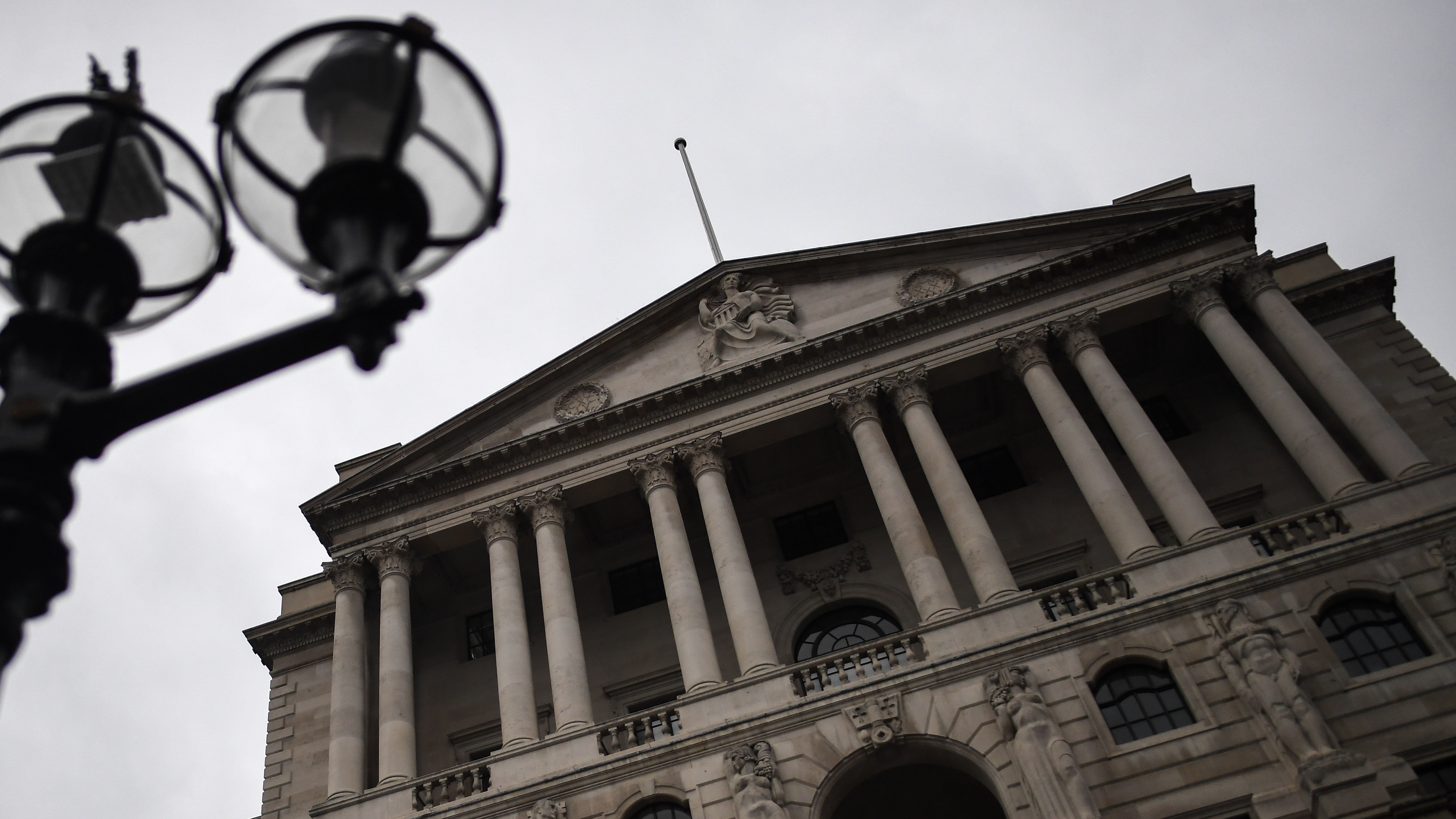Should the Ofgem energy price cap be scrapped?
Poorer households may end up paying more this winter despite cap being lowered from October

A free daily email with the biggest news stories of the day – and the best features from TheWeek.com
You are now subscribed
Your newsletter sign-up was successful
Energy bills will fall in October from £2,074 to £1,923 a year for the typical household, Ofgem has announced.
The slight reduction is because of the latest update to the energy price cap, which “lays out the maximum amount that energy suppliers can charge per unit of gas and electricity on standard variable tariffs”, and is “meant to protect customers from being ripped off”, said The Times.
However, even under the regulator’s new cap, the average household energy bill will still be “hundreds of pounds higher” than it was in the winter of 2021, when it was £1,277, said the BBC.
The Week
Escape your echo chamber. Get the facts behind the news, plus analysis from multiple perspectives.

Sign up for The Week's Free Newsletters
From our morning news briefing to a weekly Good News Newsletter, get the best of The Week delivered directly to your inbox.
From our morning news briefing to a weekly Good News Newsletter, get the best of The Week delivered directly to your inbox.
And with the end of the government’s £400 universal energy support, which was paid in monthly instalments from October 2022 to March, one in three households are likely to pay more for their energy bills this winter than last year, according to a study by the Resolution Foundation think tank.
What did the papers say?
The lower price cap is a “move in the right direction” but poorer families “could end up spending more”, wrote Gurpreet Narwan, business correspondent for Sky News, because “the composition” of the price cap “hurts them disproportionately”.
The Resolution Foundation told the broadcaster that because the daily standing charge that customers pay has been rising, “the biggest falls in bills will be seen by households who use the most energy”, while “households who consume relatively little energy will face higher energy bills this winter than last”.
Competition has “all but disappeared” from the retail market, wrote Dillon Smith, researcher for energy and environment policy at the Centre for Policy Studies, for CapX.
A free daily email with the biggest news stories of the day – and the best features from TheWeek.com
The price cap was “conceived of in yesterday’s (benign) market”, he argued, but “in today’s world it is self-evidently no longer fit for purpose”. Higher prices “could be with us throughout this decade and beyond”, while “volatility could well return this winter if the weather doesn’t cooperate and Putin decides to play tricks.
“If so, this is a recipe for another ‘temporary’ intervention to become permanent, while the public becomes used to the state setting the price of energy, undoing much of the hard work of privatisation,” he added.
“In a normal market,” said City A.M., “high prices would be passed on to customers. But the energy price cap forbids suppliers from doing that,” it added, “so Ofgem has been forced to move in a different direction – one that will give them greater confidence suppliers will keep their heads above water, but will do little for competition in the energy sector”.
It has been “near impossible” for “smaller, challenger players” to “survive a situation where they were unable to pass on a sustained hike in wholesale costs to customers”, it said. And “the risk is that unless the price cap is removed, further collapses could happen again”.
What next?
Among those calling for a rethink on the cap is the very man who sets it. Ofgem’s chief executive, Jonathan Brearley, “appears unconvinced that the energy price cap is the best way to help hard-pressed bill payers”, said The Guardian.
So Brearley is calling on the government to decide whether the “very broad and crude” measure of the past four years is still fit for purpose. “The price cap was designed for a market that was much more stable – so, pre-2020 – and it worked quite well,” he told The Guardian, “but in this volatile market, the price cap has costs as well as benefits, so we would welcome a debate on the future of pricing regulation.”
For Brearley, “the question is, and it’s an open question: are there alternatives? Are there other ways of doing the same thing?”
A solution that has found “broad support across the industry and at Whitehall” is a “social energy tariff”, said The Guardian. It explained that “unlike the price cap, the tariff would be set below the cost of supplying energy, so that households in fuel poverty could better afford their bill”.
Reforms to the price cap should “go hand-in-hand with expanded support for lower-income and vulnerable customers”, agreed Dillon. The government “should thus bring in a ‘social tariff’ as many have suggested”, with “more sophisticated targeting aimed at those spending an excessive proportion of their income on energy bills”.
However, said the National Institute of Economic and Social Research’s Professor Jagjit S. Chadha last year, a variable price cap does have “one big limitation because not all those who need help are low-energy users”. For instance, low-income households in “colder, wetter parts of the country”, those with “more dependants (including disabled relatives)” or those “living in poorly insulated homes” would not benefit from the principle.
Chas Newkey-Burden has been part of The Week Digital team for more than a decade and a journalist for 25 years, starting out on the irreverent football weekly 90 Minutes, before moving to lifestyle magazines Loaded and Attitude. He was a columnist for The Big Issue and landed a world exclusive with David Beckham that became the weekly magazine’s bestselling issue. He now writes regularly for The Guardian, The Telegraph, The Independent, Metro, FourFourTwo and the i new site. He is also the author of a number of non-fiction books.
-
 The environmental cost of GLP-1s
The environmental cost of GLP-1sThe explainer Producing the drugs is a dirty process
-
 Greenland’s capital becomes ground zero for the country’s diplomatic straits
Greenland’s capital becomes ground zero for the country’s diplomatic straitsIN THE SPOTLIGHT A flurry of new consular activity in Nuuk shows how important Greenland has become to Europeans’ anxiety about American imperialism
-
 ‘This is something that happens all too often’
‘This is something that happens all too often’Instant Opinion Opinion, comment and editorials of the day
-
 Clean energy tax credits are going away. Here's how to get them before it's too late.
Clean energy tax credits are going away. Here's how to get them before it's too late.The Explainer Trump's recently passed megabill promises the early demise of clean energy tax credits
-
 Energy prices set to rise in October – how to reduce your gas and electricity bill
Energy prices set to rise in October – how to reduce your gas and electricity billThe Explainer With the price cap expected to rise before this winter, what is the best way to prepare, and lower costs?
-
 What is a home energy audit and when is it worth getting one?
What is a home energy audit and when is it worth getting one?The Explainer This evaluation of your home's efficiency can pinpoint where exactly it's wasting energy
-
 Cost of living: will fall in energy price cap make a difference?
Cost of living: will fall in energy price cap make a difference?In Depth Limit on what providers can charge falls but consumers are warned they will see ‘little relief’
-
 What is the cheapest way to cook?
What is the cheapest way to cook?feature Air fryers, microwaves and slow cookers can all save you money over conventional ovens
-
 Gas is now cheaper in the U.S. than it was a year ago, for better or worse
Gas is now cheaper in the U.S. than it was a year ago, for better or worseSpeed Read
-
 Are UK pensions safe?
Are UK pensions safe?Today's Big Question Bank of England governor says its debt market support must end – but the multi-billion-pound scheme could be extended
-
 Is it cheaper to work from home or at the office?
Is it cheaper to work from home or at the office?Talking Point Commuting costs may wipe out savings made from lower domestic energy bills